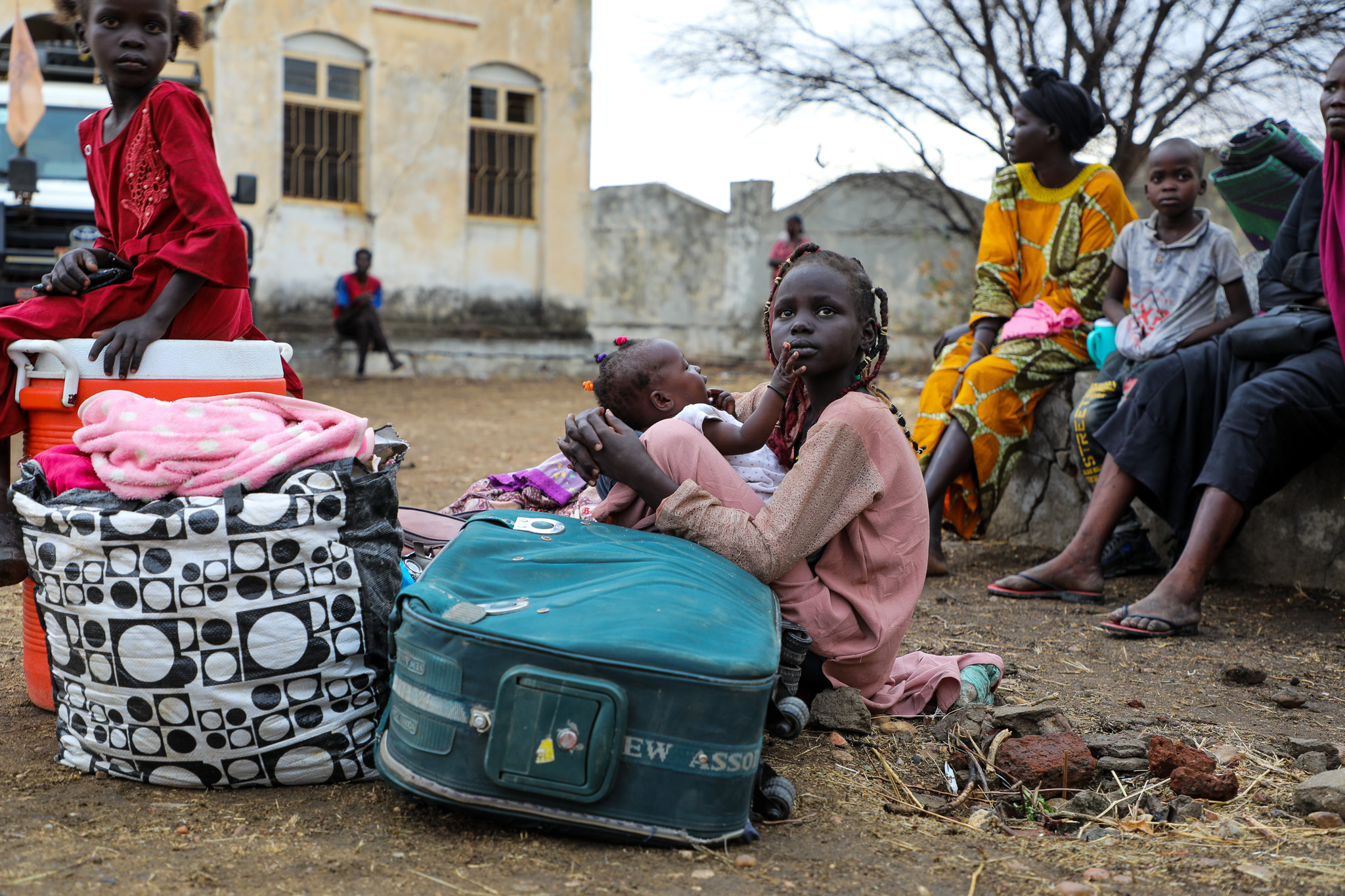Anger as xenophobic waves against South Sudanese sweep Sudan
21 July 2024
Anger, anxiety, and betrayal are how one can describe the mood among South Sudanese following the growing xenophobic attacks and arrests in Sudan as the army-controlled areas continue to deport South Sudanese nationals.
South Sudanese citizens residing in Sudan are increasingly becoming scapgoats in army controlled areas due to the military’s recent setbacks against the paramilitary Rapid Support Forces (RSF) in West Kordofan and Sennar State. As the army loses ground, the military has resorted to accusing foreigners and anti-war activists of actively helping the RSF, local residents told Ayin.
Ateny Wek Ateny, the former press secretary in the office of South Sudanese President Salva Kiir, referred to the ongoing events as gruesome and unspeakable, saying the abhorrence and xenophobia towards South Sudanese living in Sudan are out of their hands.
“So, if Burhan is still the president and aspires to continue governing, then the ambassador of Sudan in Juba must inform him in order to protect South Sudanese, at least in the areas controlled by the army,” he said.
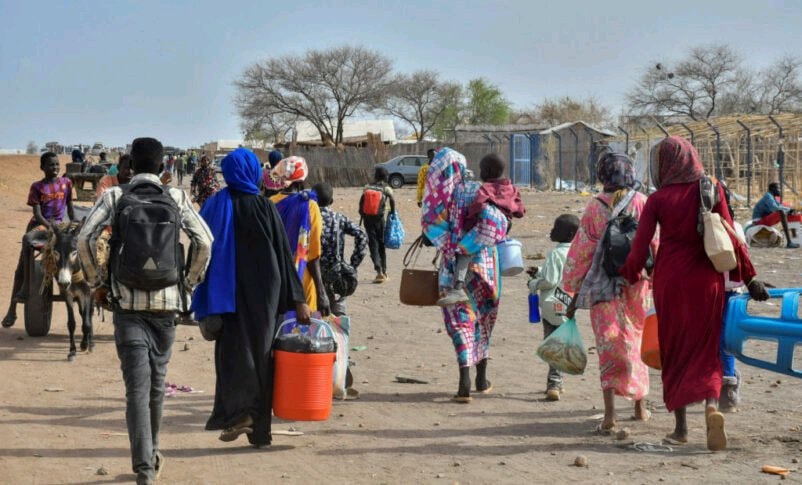
Expulsion
On 11 July, Sudanese officials in Khartoum State issued an ultimatum to all foreign nationals to leave the state. South Sudanese, Ethiopians, Chadians, and Sudanese from the Darfur region are the major targets of the ongoing crackdown.
It is widely believed the move follows the increasingly alleged involvement of foreign nationals fighting alongside the RSF.
In an announcement posted on the Sudan News Agency (SUNA), Colonel Nizar Khalil, Director of Immigration Control in Khartoum State, gave all foreigners “15 days to leave the state to safeguard their lives from the war starting 11th of July.” He indicated that the decision was made based on the directives of the Khartoum State Security Coordination Committee.
Professor Daddi Yanga William, a Member of the High-Level Committee at Citizens Call, who has received messages of distress from South Sudanese trapped in Sudan’s conflict, said Sudanese security forces were arresting and deporting South Sudanese through Jebelein, a border town near South Sudan’s Upper Nile State.
Akoc Akuei Manhiem led the mobilisation to evacuate nearly 10,000 South Sudanese from Khartoum and other parts of Sudan at the beginning of the war in April 2023. Manhiem says these orders for South Sudanese to leave the state are untenable, especially since many South Sudanese citizens are trapped by the conflict and cannot relocate even if they wanted to. “Financial challenges aside, we couldn’t evacuate people due to the insecurity along the way from Sudan to South Sudan. That is why we stopped the evacuation of our compatriots,” Manhiem told Ayin.
South Sudan’s Foreign Affairs Minister, Ramadan Abdallah Goch, said discussions at the top leadership levels are taking place to see how to safeguard nationals in Sudan.
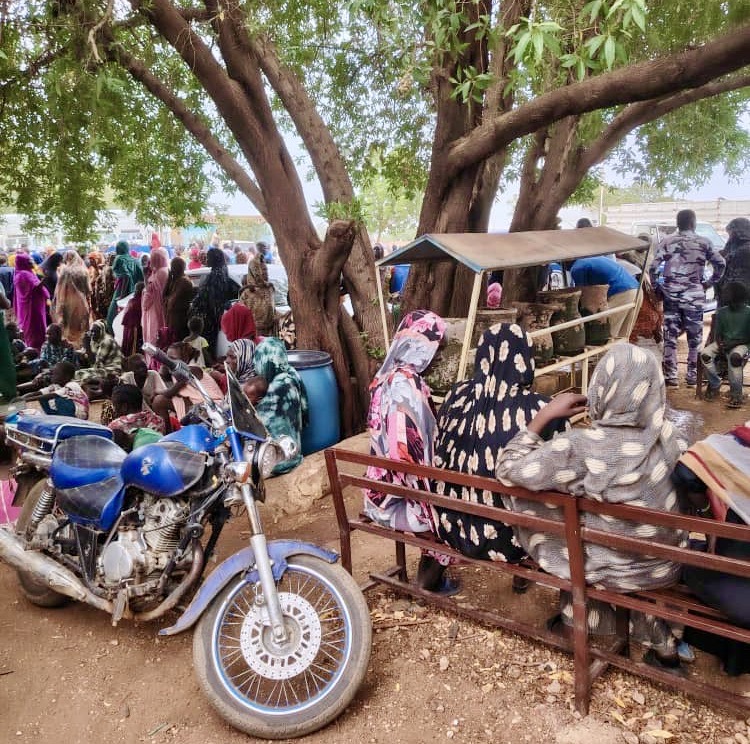
White Nile
According to Wek, the fate of the remaining South Sudanese in Khartoum and other parts of Sudan is unknown. The former press secretary claims the army has killed many South Sudanese in White Nile State in the aftermath of the RSF military victory in neighbouring Sennar State. Ayin has not been able to verify these claims.
According to Eye Radio, military authorities in White Nile State rounded up and detained many South Sudanese earlier this month on suspicion of affiliation with the RSF. The UN refugee agency says more than 400,000 South Sudanese refugees still live in White Nile State, a third of whom have been forced to flee other states in Sudan due to the conflict.
“The warring parties [in Sudan] must replicate how the South Sudan government and people have allowed and protected Sudanese refugees to stay in South Sudan peacefully. Gave them the freedom to start lucrative businesses. They even control our goods and services markets,” said Wek, as he expressed a feeling of betrayal for South Sudan’s good deeds.
While acknowledging the possibility of a few South Sudanese engaging in either side of Sudan’s war, Wek believes the protection of South Sudanese civilians is a duty of the warring parties. “The fighters are subject to the rule of engagement, and whichever party captures armed South Sudanese fighters, knows exactly how this rule works. But the repercussions of killing South Sudanese civilians on the incursion of each side are grave, and the Sudanese authorities must bring this to an end,” he stressed.
In March 2024, the army shared on their social handles the capture of several South Sudanese mercenaries allegedly fighting on the side of the RSF. The South Sudan ministry of foreign affairs has not yet commented on the situation and has declined to speak to Ayin regarding the matter.
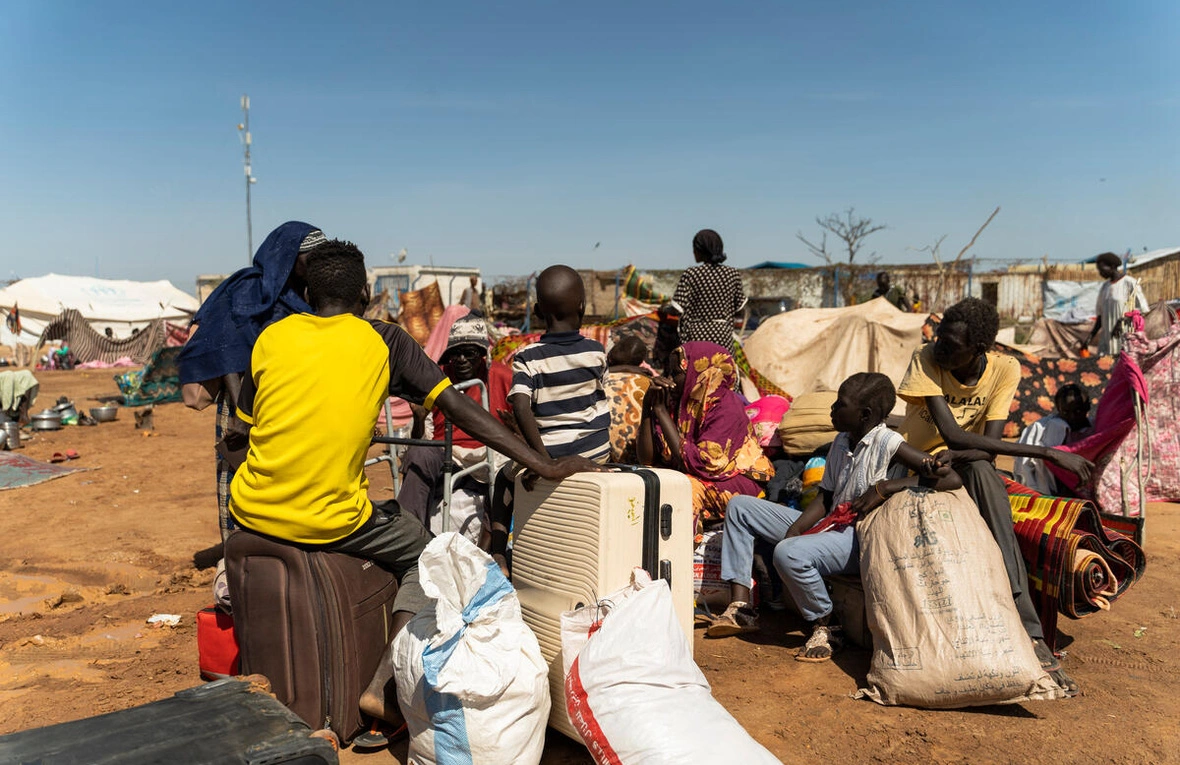
Call for help
In a meeting in mid-July, South Sudan’s Humanitarian Affairs Minister, Albino Akol Atak, pledged to raise the matter of the army’s two week ultimatum with national leadership.
On July 8th, the River Nile state in northern Sudan detained over 150 foreigners on the grounds of not possessing official residence documents, as part of a campaign to control foreigners that began in the Gedaref state in the east of the country.
In Atbara, Kassala, and Gedaref, South Sudanese refugees reported similar detentions. However, unlike those in White Nile State, they were not deported. Instead, authorities forced them into the Shajarab refugee camp, which primarily houses Eritrean and Ethiopian refugees.
South Sudan gained independence from Sudan in July 2011. While over a million South Sudanese citizens remained in Sudan at the time, the following years saw a further exodus to Sudan due to the war and famine that ravaged the country. Many who stayed behind in Sudan after independence faced lingering fears of ethnic conflict in their homeland, a fear that tragically proved well-founded when a civil war erupted in South Sudan in December 2013. This second wave of displacement added millions more to the South Sudanese population in Sudan.
Since the split, both nations have suffered their own civil wars, with Sudan currently suffering the worst humanitarian crisis in its history. Refugees from each country live in the other’s country.
Before the outbreak of war on 15 April 2023, Sudan hosted over a million refugees, most of whom resided within cities. South Sudan currently hosts nearly half a million Sudanese refugees.
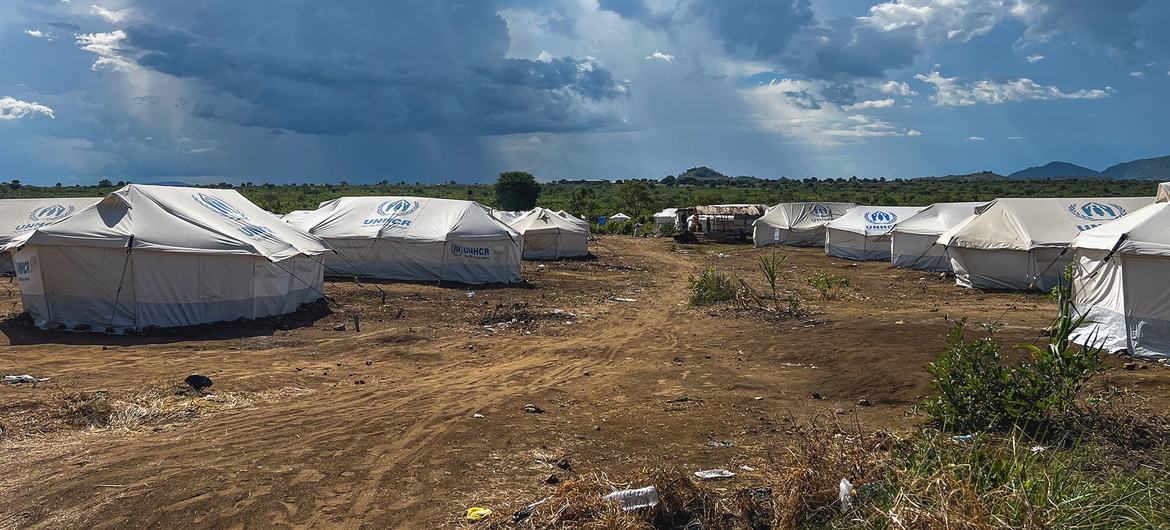
Gorom Refugee Camp
Gorom Refugee Camp is located about 10 miles west of South Sudan’s capital, Juba, and represents the city’s only refugee settlement that houses mostly Sudanese refugees. Residents of the camp told Ayin they do not fear retaliation by South Sudanese nationals for the treatment their kinsmen may be facing in Sudan. “We ran from Khartoum with several South Sudanese who saw the situation there. Just like us, their greatest concern is daily survival, other than the useless talk of retaliation,” said 39 years old Hassan Bakit, who runs a small grocery kiosk a few metres away from the settlement.
Perferring not to be quoted directly for security reasons, several Sudanese refugees at Gorom Refugee Camp told Ayin that they are more worried about South Sudan’s forthcoming December elections than fear of retaliation from their South Sudanese compatriots.


